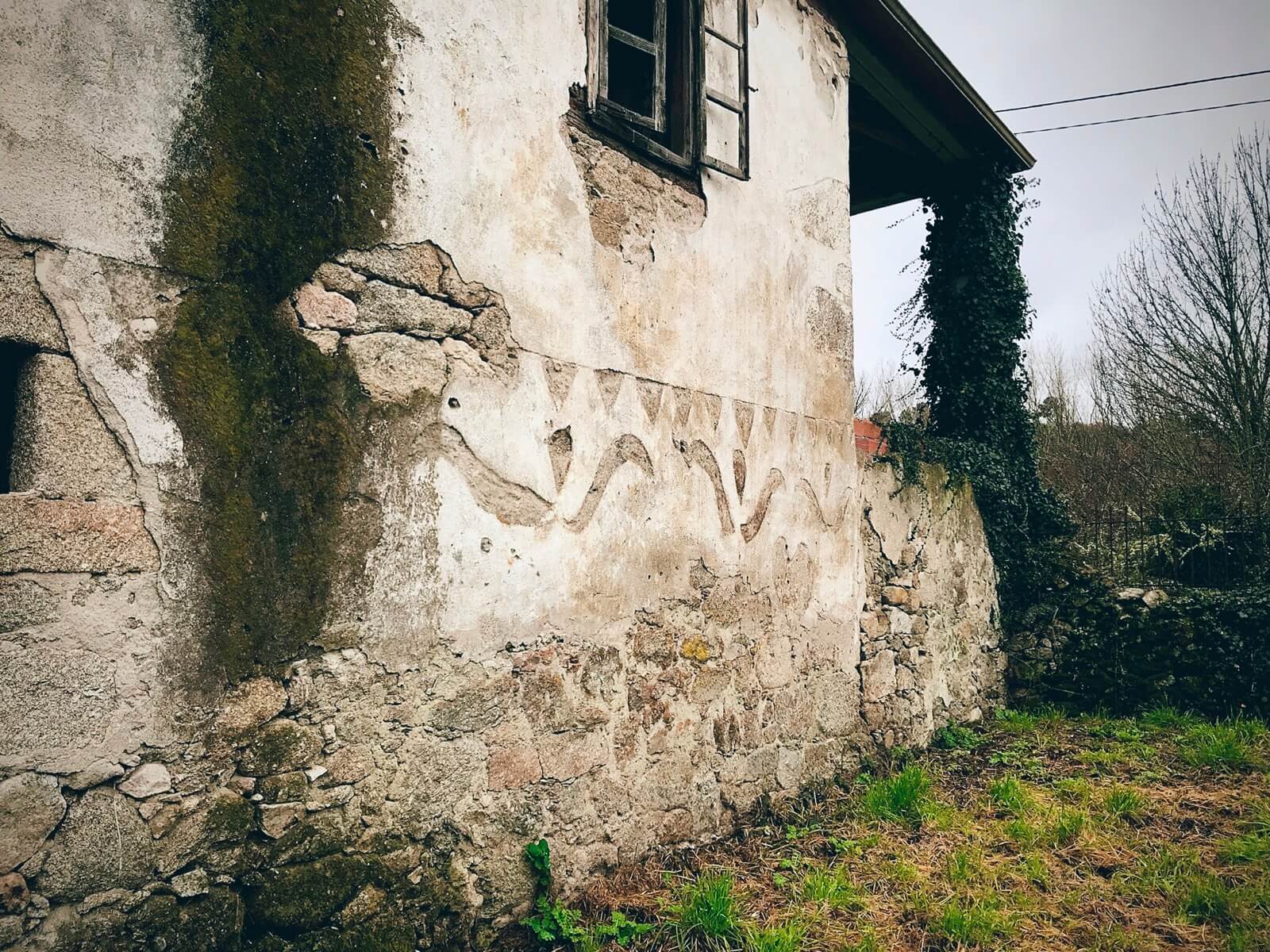

Sacral philomath in unruly reverence



I never thought I’d be as interested in Madrid politics as I have been for the last month. Basically, the Trumpian Madrid president, Isabel Ayuso, is trying to capitalize on some unstable political alliances throughout the country between her Partido Popular and the centrist/center-right neoliberal Ciudadanos. Ayuso handled the first wave of the pandemic terribly, but has leaned in to this hands off approach by calling it freedom, as opposed to the evil, tyrannical left-wing coalition of PSOE and Podemos in the national government.
She called for elections and to everyone’s surprise, Pablo Iglesias, the leader of Podemos and one of Spain’s vice-presidents, announced his resignation from the national government to run for president of the region (comunidad) of Madrid.
Since then, there has been political violence at rallies, envelopes woth death threats and bullets sent to prominent politicians, a multitude of references to 1930s Spain and the civil war, as well as a normalization of the fascist party Vox and their ideology by the media.
Madrid has been a PP stronghold for 25 years while being known for corruption and privatization.
Sebastiaan Faber and Bécquer Seguín in the Nation:
For the past quarter-century, politics in the Madrid region have been spectacularly corrupt. All four of Ayuso’s predecessors have been investigated or indicted on corruption charges. Meanwhile, the region has become a laboratory for neoliberal economic policies. — Sebastiaan Faber and Bécquer Seguín in the Nation
Brendan Boyle from his article in Jacobin last year:
Ignacio Sánchez-Cuena of the Catalan-based daily La Vanguardia believes that Madrid is a relative outlier in terms of capital cities across Western Europe. London, Paris, Berlin, and Brussels have long been viewed as bastions of diversity and progressive thinking, but the substantial vote in Madrid for the far-right Vox (16 percent) bucks this trend. “The capital city is today the epicenter of an uncultured and exclusionary Spanish nationalism,” he says. “With the security and arrogance that economic well-being produces, the dominant discourse of the right wing in Madrid states that the capital represents modernity and globalization, as well as a proud, liberal, universalist Spain.”
Tomorrow is the election. The left parties (PSOE, Más Madrid, and Unidas Podemos) only stand a chance if participation from traditionally non-voters in the southern working-class cities and districts of Madrid is very high and they gain enough seats to outnumber Vox+PP and form a coalition.
Meanwhile Ayuso has much better odds but will probably need Vox’s support. I’m seeing the Bernie problem again: the only way to change things up is more voices but those voices are small and at a whisper.
Dani Keral in Traveler.es on what might have been the first democratic territory in Europe (Spanish):
Couto Mixto was something incredible for its time, almost unexplainable. Formed by the towns of Meaus, Santiago and Rubiás [now located in the present-day municipalities of Calvos de Randín and Baltar], the territory of just 30 square kilometers began to be governed independently of both crowns.
In the Couto, no kings of feudal lords ruled, it was the townspeople themselves — the heads of the family — who elected a judge or political chief every three winters, who was assisted by three men from each village, os homes do acordo.
Check out the Wikipedia for more Couto Mixto in English.
Tommy Greene and Eoghan Gilmartin interviewed Consumer Affairs minister and Izquierda Unida leader Alberto Garzón for Jacobin on the Spanish Right’s refusal to accept the current governmental coalition:
You have to remember that the right wing in our country does not have democratic origins. It is not like the mainstream right in France or Germany, where there is, at least in part, an anti-fascist tradition. The Spanish right hasn’t looked to isolate the extreme right, as German chancellor Angela Merkel has done. In Spain, the right-wing parties broker power-sharing agreements and govern with the extreme right [at the regional level].
They conceive of Spain as their own patrimony, in which they are the arbiters of who is truly Spanish and who is a patriot or not. Their vision of the country doesn’t allow for a party like ours [Unidas Podemos] to be in government — it’s a kind of coup d’état, in their eyes, that we are governing Spain at present. They’ve called us traitors, criminals, terrorists, assassins — they have raised the level of discursive belligerence in public life to the point whereby its polarizing consequences have seeped into and are felt in almost all sectors of Spanish society. You can see this in the ongoing campaign of harassment against deputy prime minister Pablo Iglesias and equality minister Irene Montero [with members of the far-right camped outside their family home for the last three months].
Following Juan Carlos I’s quick exit and self-exile (Portugal, Dominican Republic, perhaps Abu Dhabi?) to prevent more bad publicity for la casa real, some are wondering what the future of the Spanish Crown holds.
My wife has nurtured a strong opposition towards the Spanish royals much longer than I have.
What I did not know, however, was the constitution from 1978, the one written during the transition from the Francoist state into an ostensible democracy, makes it practically impossible to hold a popular referendum on the monarchy and construct a third republic. “Armor-clad,” says Alberto Lardíes of the monarchy. He should know, he wrote a book on the called The Borbon Democracy.
Aitor Hernández-Morales in Politico:
In order to hold a referendum on the monarchy, two-thirds of members of the Spanish Congress and Senate would have to vote in favor of the proposal, and immediately afterward the parliament would have to be dissolved. Two-thirds of the successor Congress and Senate would have to ratify the same motion, and only then would it go before the Spanish public — which would have to vote in its favor to make it successful.
Monarchies are old world systems that need to be abolished entirely. It will be an interesting September, when Spanish republican factions will start mobilizing.